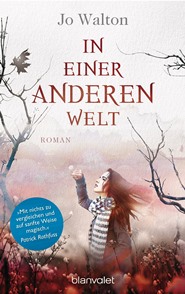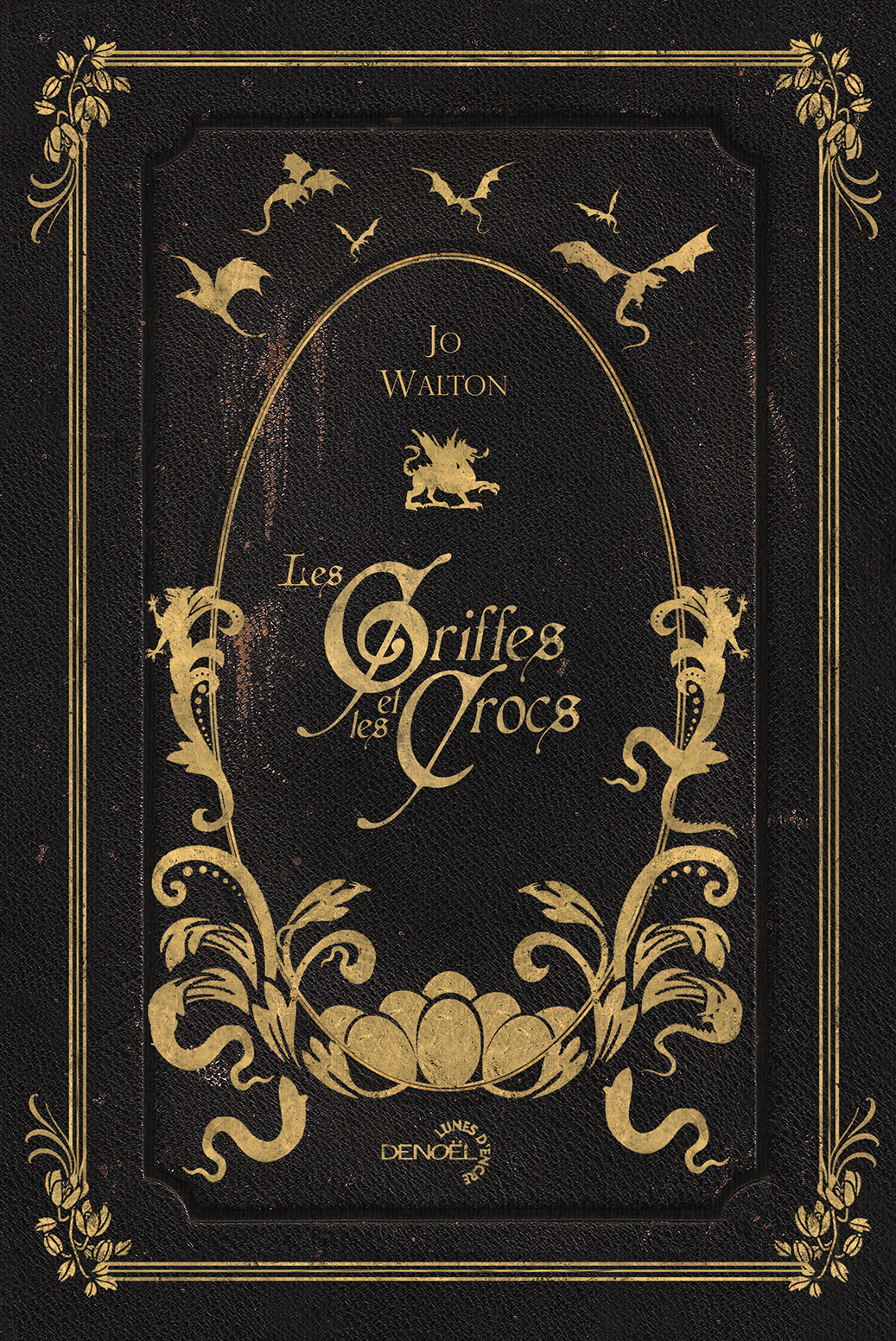There’s a family anecdote about me that I’m not sure whether I actually remember or whether I just remember being told about it lots and lots of times. I was four or five, and we went to St David’s Cathedral, on the very tip of West Wales. When we were there, we were shown the tomb of Giraldus Cambrensis, Gerald of Wales (1146-1223) — whereupon I burst into inconsolable tears. I’d read his book, and I hadn’t known he was dead.
My family thought this was hilarious. My aunt still does. She told Ada this story in the summer when we were in Llandaff cathedral. Ada didn’t think it was funny, or even strange. This is because I still do this, and she does too.
I almost always cry on reaching the end of a biography — though at this point it’s not like I didn’t know Voltaire was dead. But yet, but yet… Emilie du Chatelet is dead too. It’s not shock that brings tears to my eyes. But it is grief. And it is real, even though they’ve been dead for centuries and they were dead this morning too.
Sometimes it feels as if everyone is dead and I have to remind myself that there are many awesome people still alive right now.
But I keep on reading biographies, or worse, collections of letters. Oh my goodness, Petrarch. Petrarch lived through the Black Death, and he lost friend after friend, and then two of his best friends got killed by bandits just outside Florence, and he’d just been writing to them! And eventually I will reach the end of his letters, and I will cry. I’d cry if I saw his grave, too. I’m not crying for Petrarch right now, even though he’s dead right now, because right now I have multiple volumes of his letters to go, so it is as if he’s still alive and still writing them.
I think that’s true in a way, our acts build the future and that’s our legacy, and writers are still alive in their writing. When we went to Shakespeare’s tomb when we were in Stratford in the summer (Greer really wanted to) it was strange, because in the church they were acting as if he was dead, but I knew he was still alive in the theatre. Sometimes the too too solid flesh is the least of it. Voltaire too.
But yet…
I don’t know whether, when, as a little kid, I wept for Giraldus Cambrensis, I understood the distance between the twelfth century and the twentieth century. I did, I think, understand that Gerald was describing a Wales different from the one I lived in, and that times had changed. I think what I didn’t understand was human mortality, that somebody who had been alive when castles and abbeys were new couldn’t still be alive now. I am aware of that now. But I’m still sad about it, and also deeply irritated. Death is a bug. It’s stupid. Why shouldn’t people live eight hundred or a thousand years?
Also, when people talk abour genealogy and looking up their ancestors, although their ancestors always sound really cool, I am never even slightly moved to look up mine. I have enough relations already. Why would I want more? They’d only laugh at me. I’d rather have Giraldus Cambrensis.
Books obliquely recommended in this post:
Giraldus Cambrensis Journey Through Wales.
David Bodanis Passionate Minds.
Petrarch Familiar Letters (available in 3 volumes, of which I have just started the second).
Voltaire Philosophical Dictionary (Definitely the best place to start with Voltaire. It’s funny and warm.)



